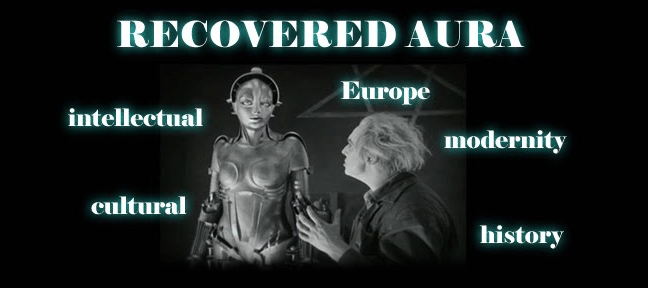Remember: you are expected to turn in a written response to one of these questions at the start of class.
1. In our readings, the first proposal for calendar reform is by an educator (Romme), the second is by a poet (Fabre d’Eglantine). What is the key difference between the two proposals? Why was the poet so concerned with finding evocative images to go with each new month?
2. What was the Festival of the Supreme Being designed to do? Did it Enlightenment ideals?
3. How would you characterize the position women are supposed to play in the Festival of the Supreme Being? Why do you think the organizers were so concerned with mothers, with regulating the numbers of women, and so on?
4. In Reflections on the Revolution in France, Burke opposes the new government-system in France, all created “from scratch” at one time and based on abstract principles, to the government (what he calls “constitution”) of England. The English constitution, he says, is rooted in “the method of nature in the conduct of the state.” What does he mean by nature? According to him, what is natural, and what unnatural, in a government?
5. Everybody is in favor of the universal “rights of man,” right? The French Revolutionaries made their Declaration of the Rights of Man and Citizen a core element of the new French state. What’s Burke’s problem with this idea? (see 438 ff)
6. What is the political significance of the fact that, as Burke claims on p. 442, “the age of chivalry is gone”?
7. Does Tom Paine’s response to Burke’s attacks on the French Revolution succeed in defending the kind of revolutionary cultural activity we see in the revolutionaries’ calendar reform and in their festivals?
Finally: note that when Burke refers to "the states" in France, he's referring to the system of three social "estates" in pre-Revolutionary France (1. Catholic clergy, 2. nobility, and 3. the people) that found political form in The Estates General. So the "tiers etat" means "the people."

No comments:
Post a Comment